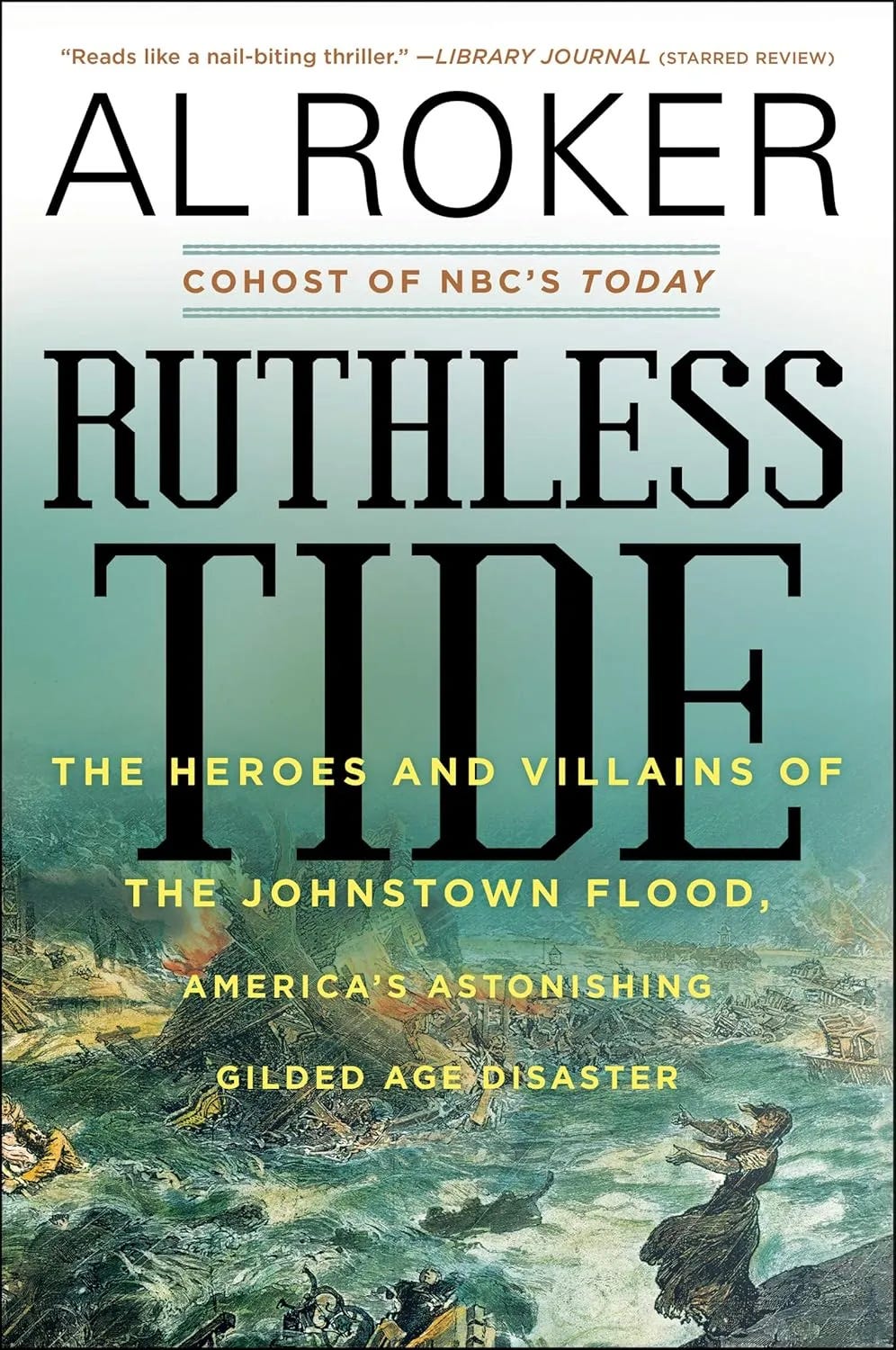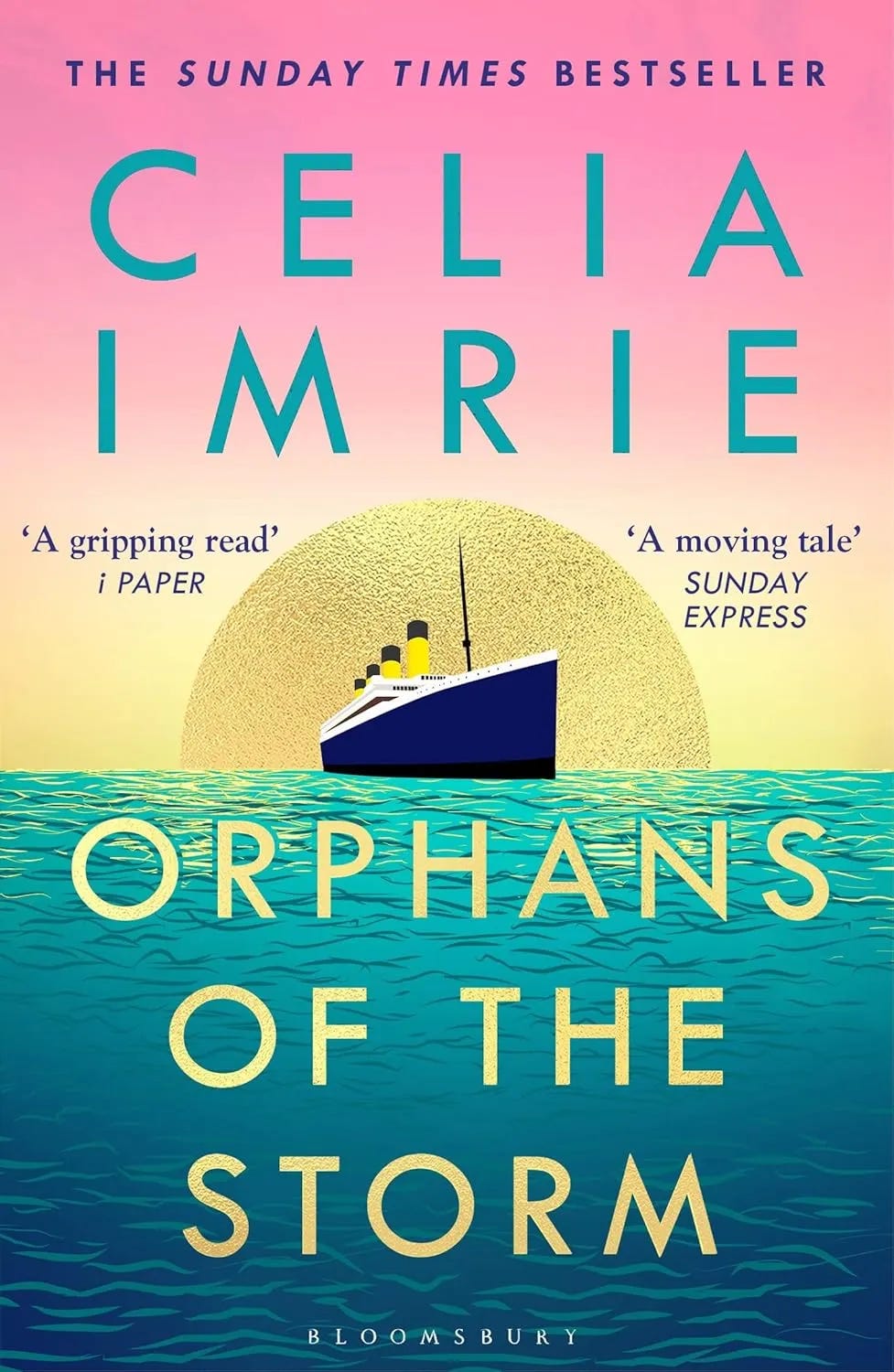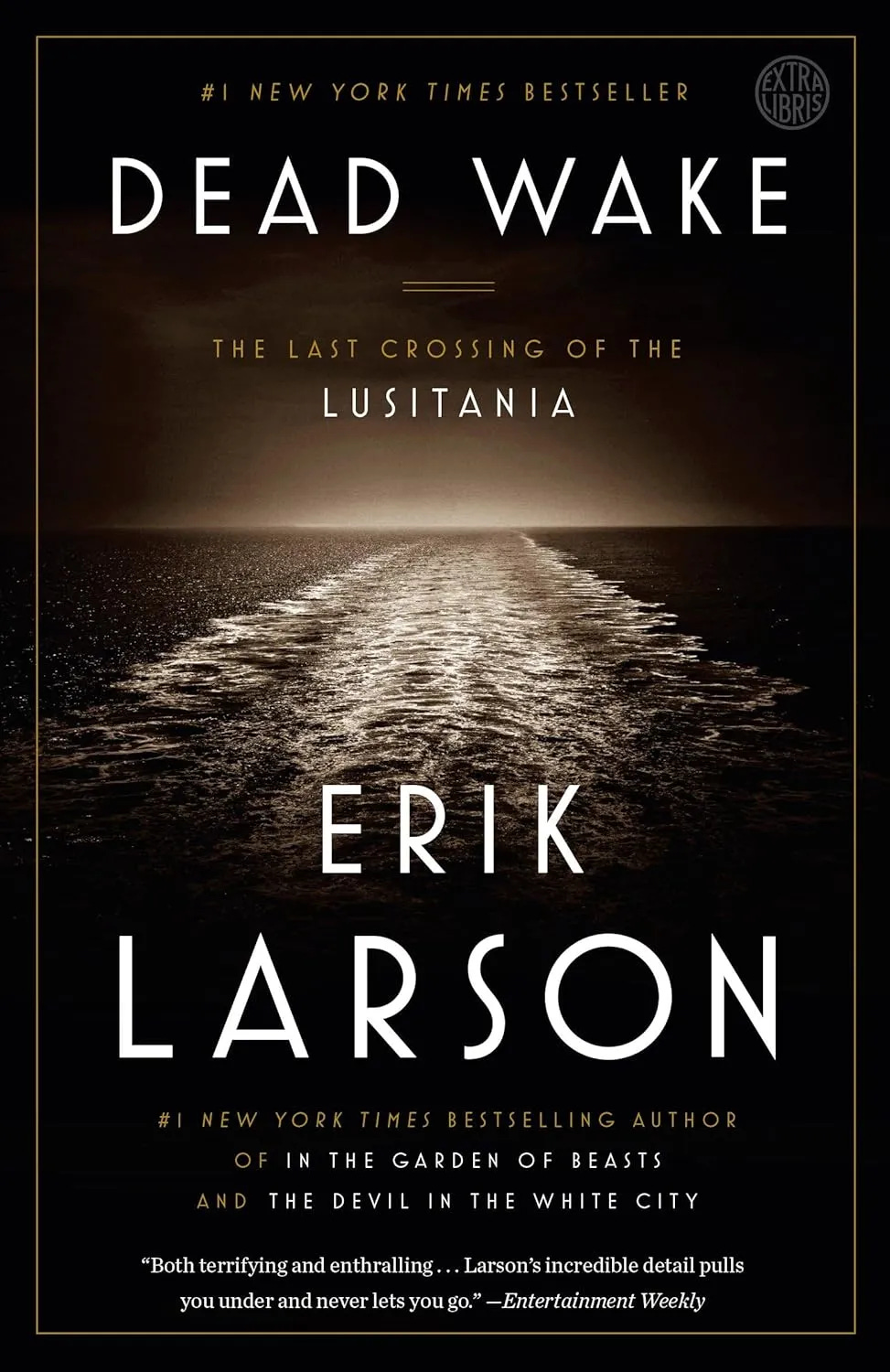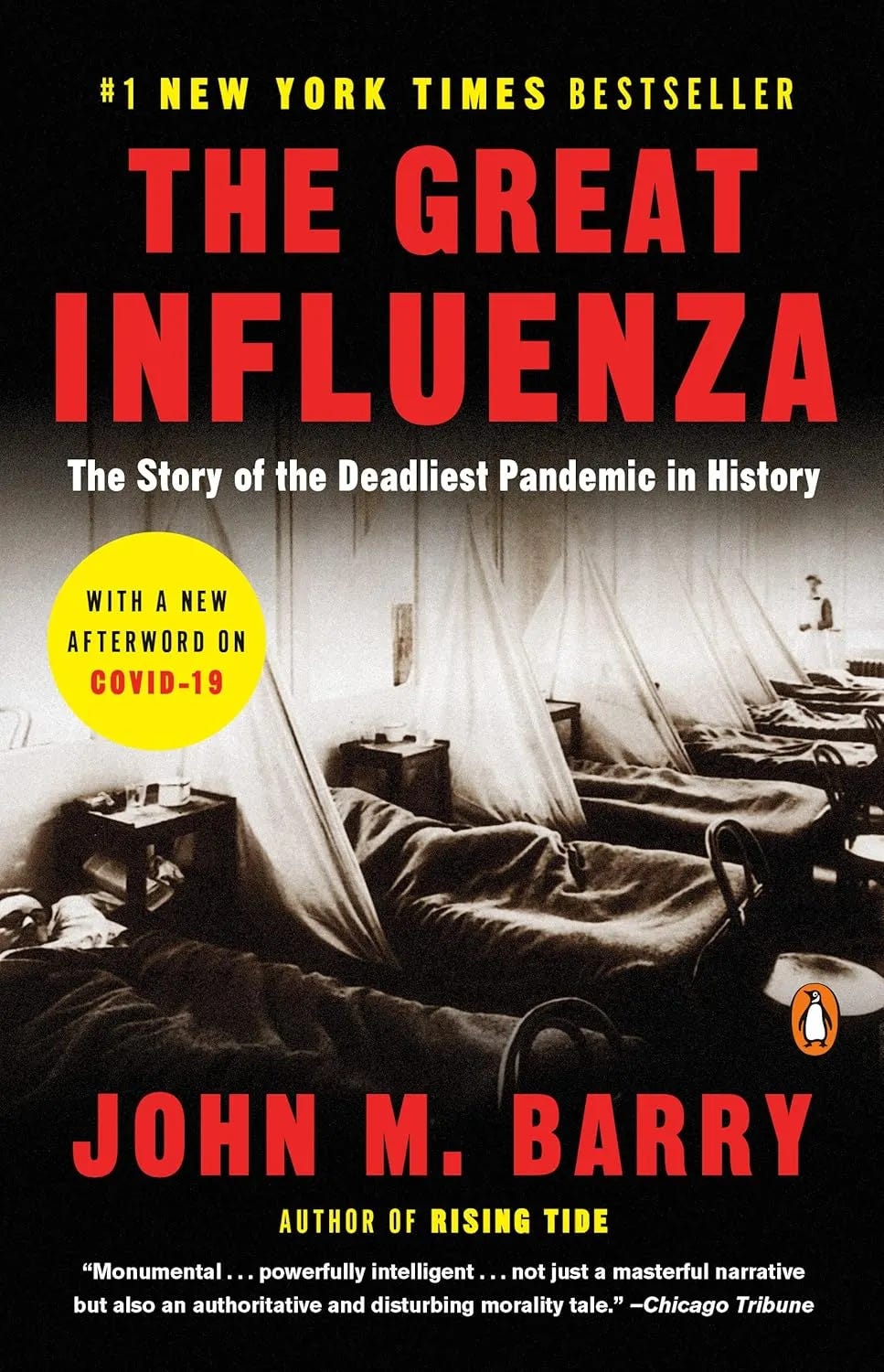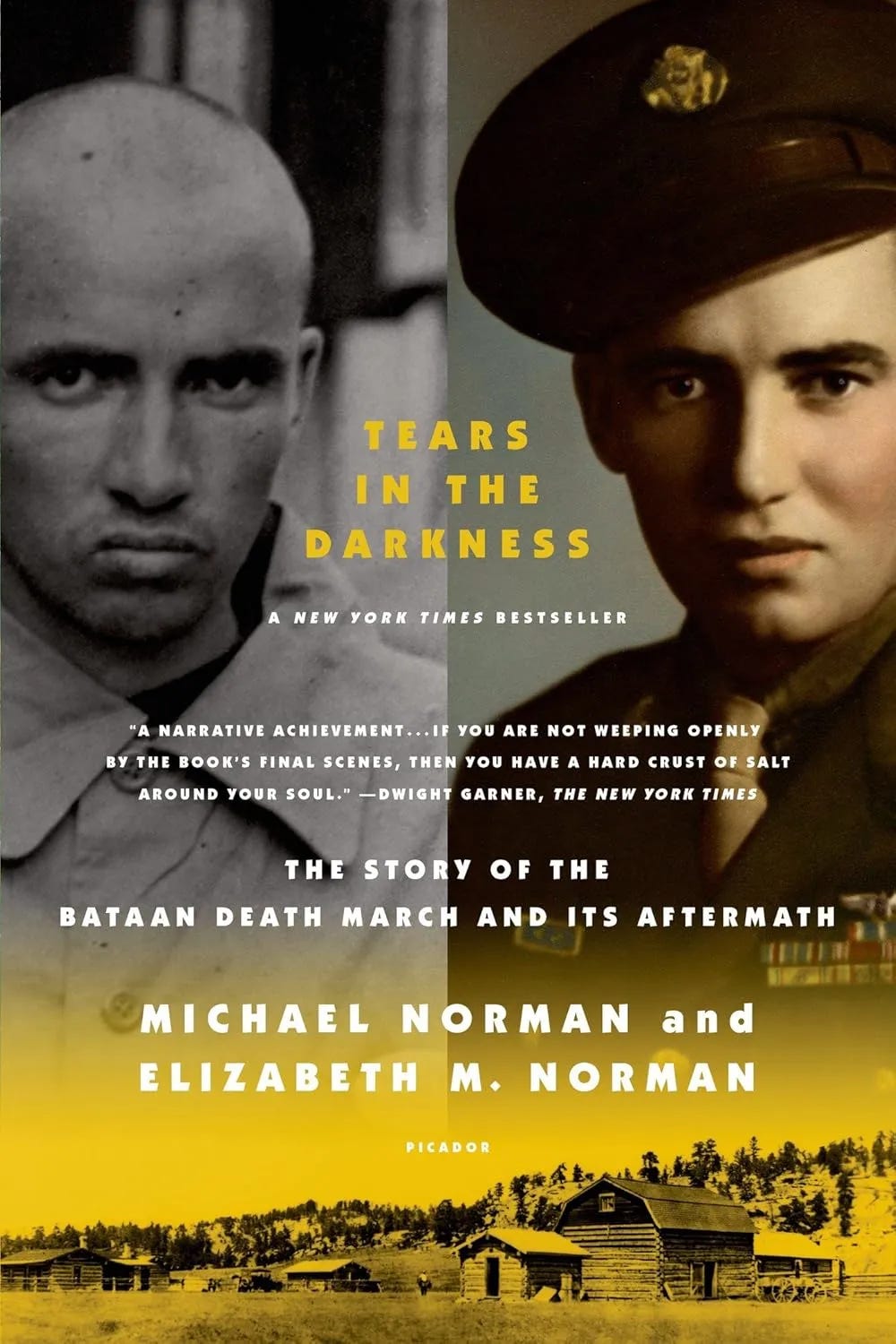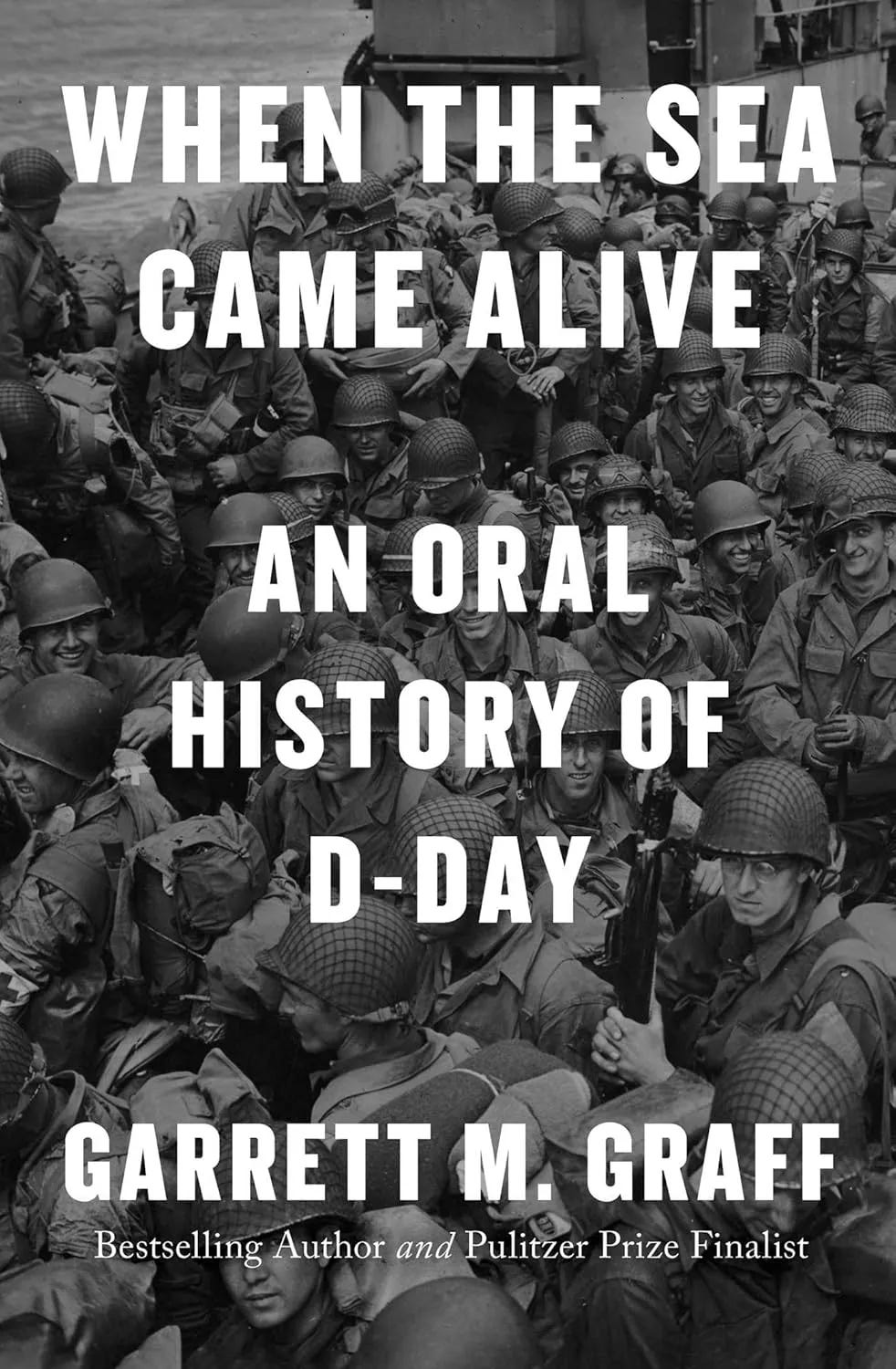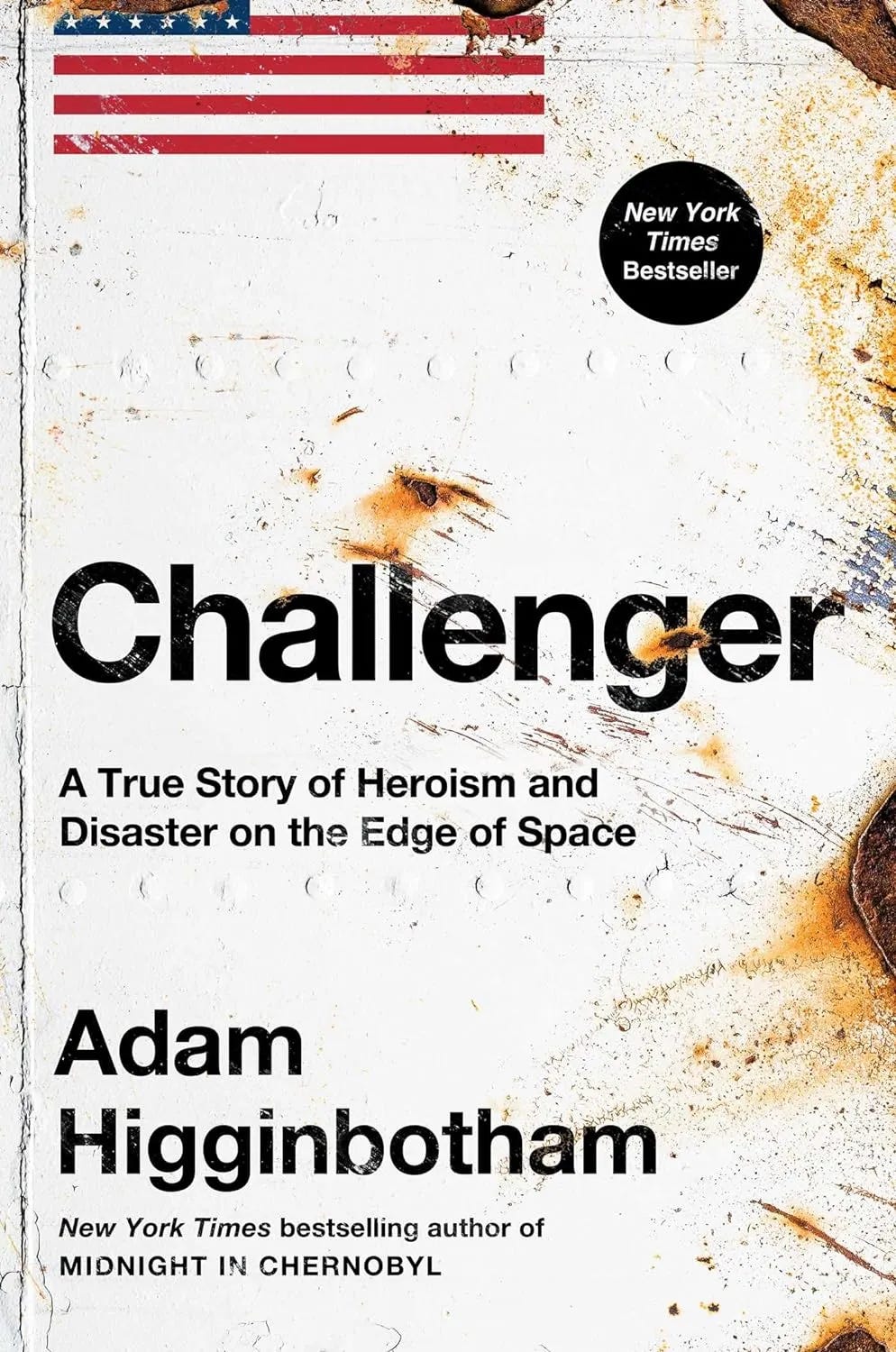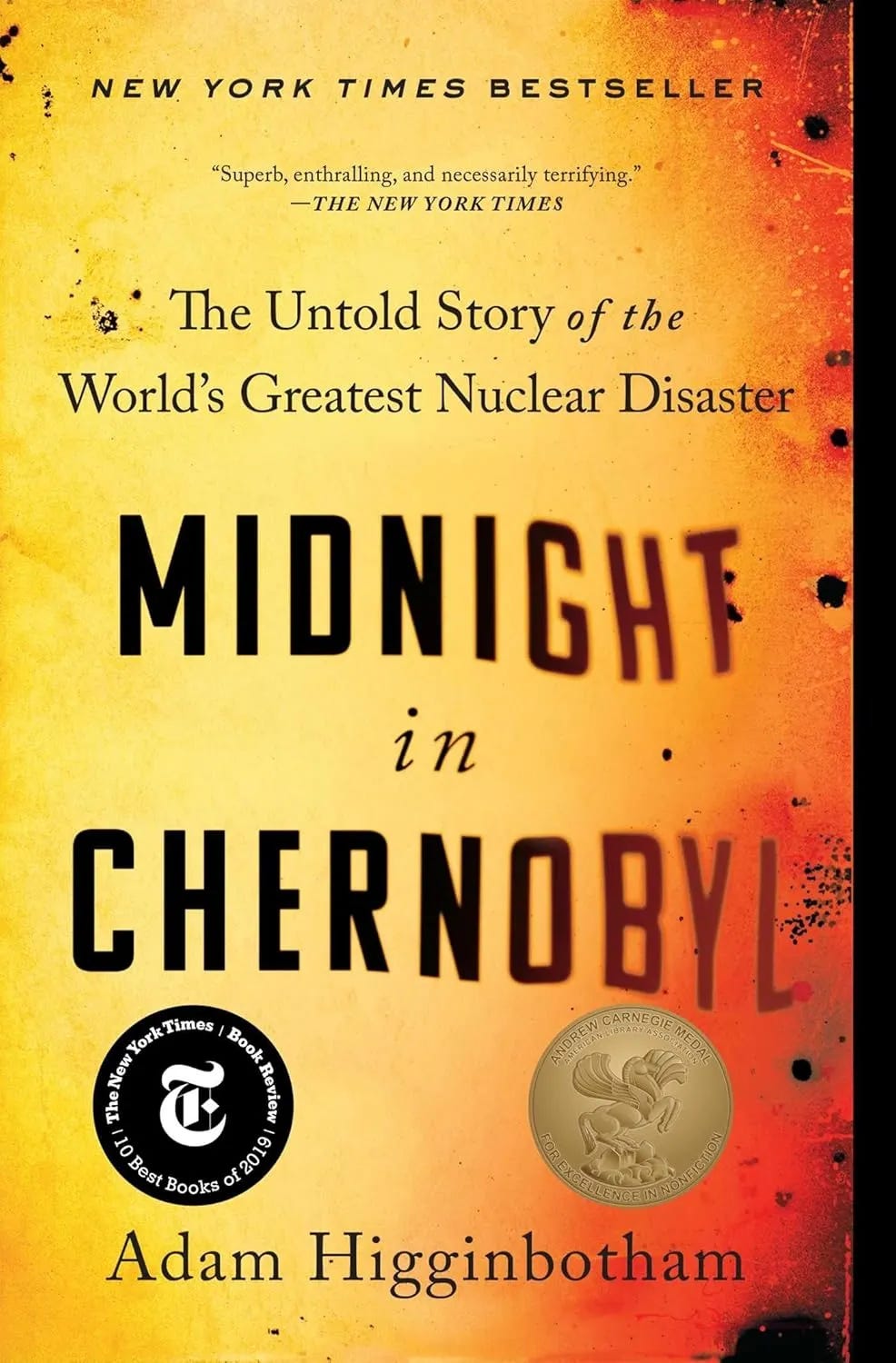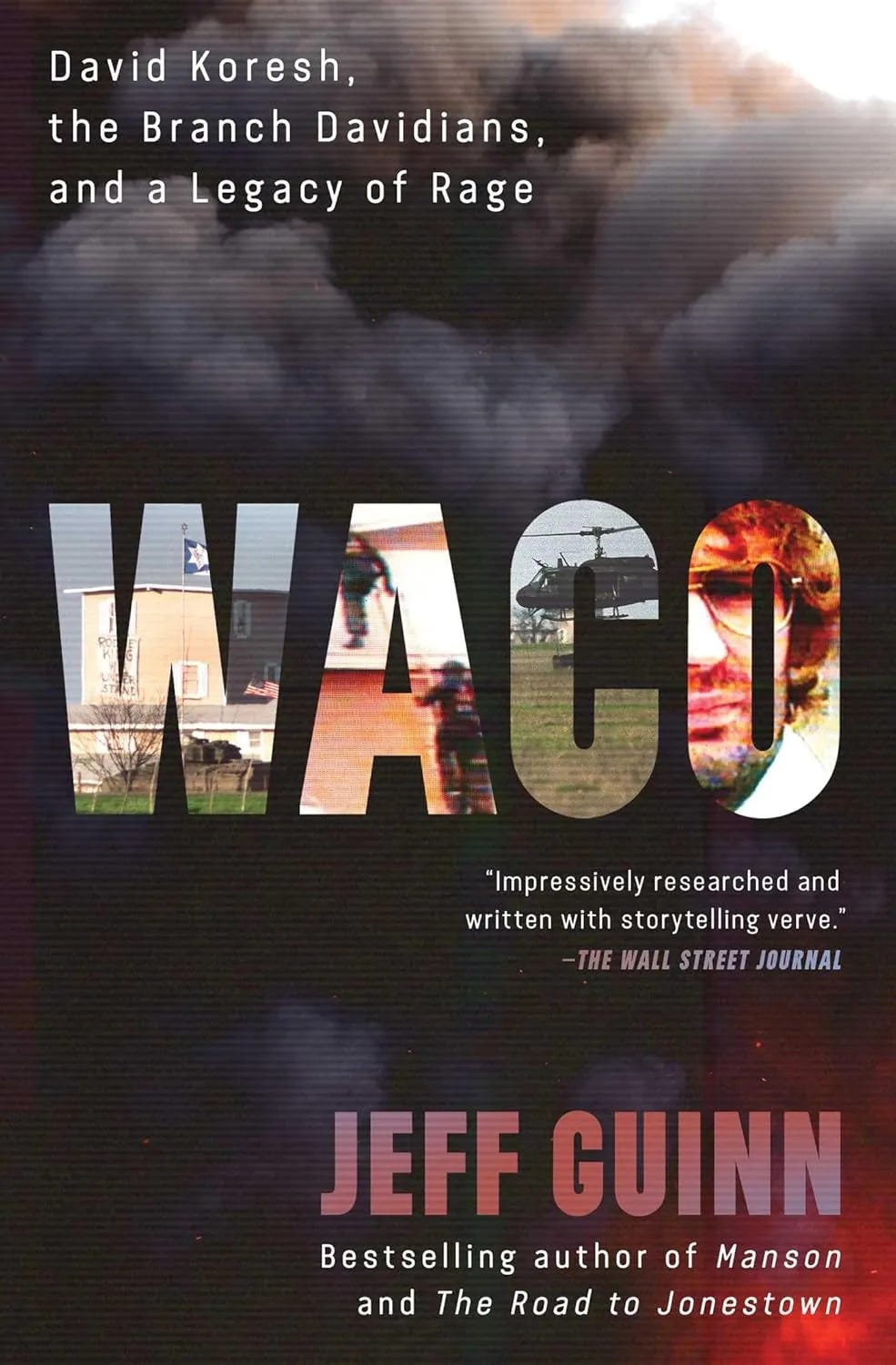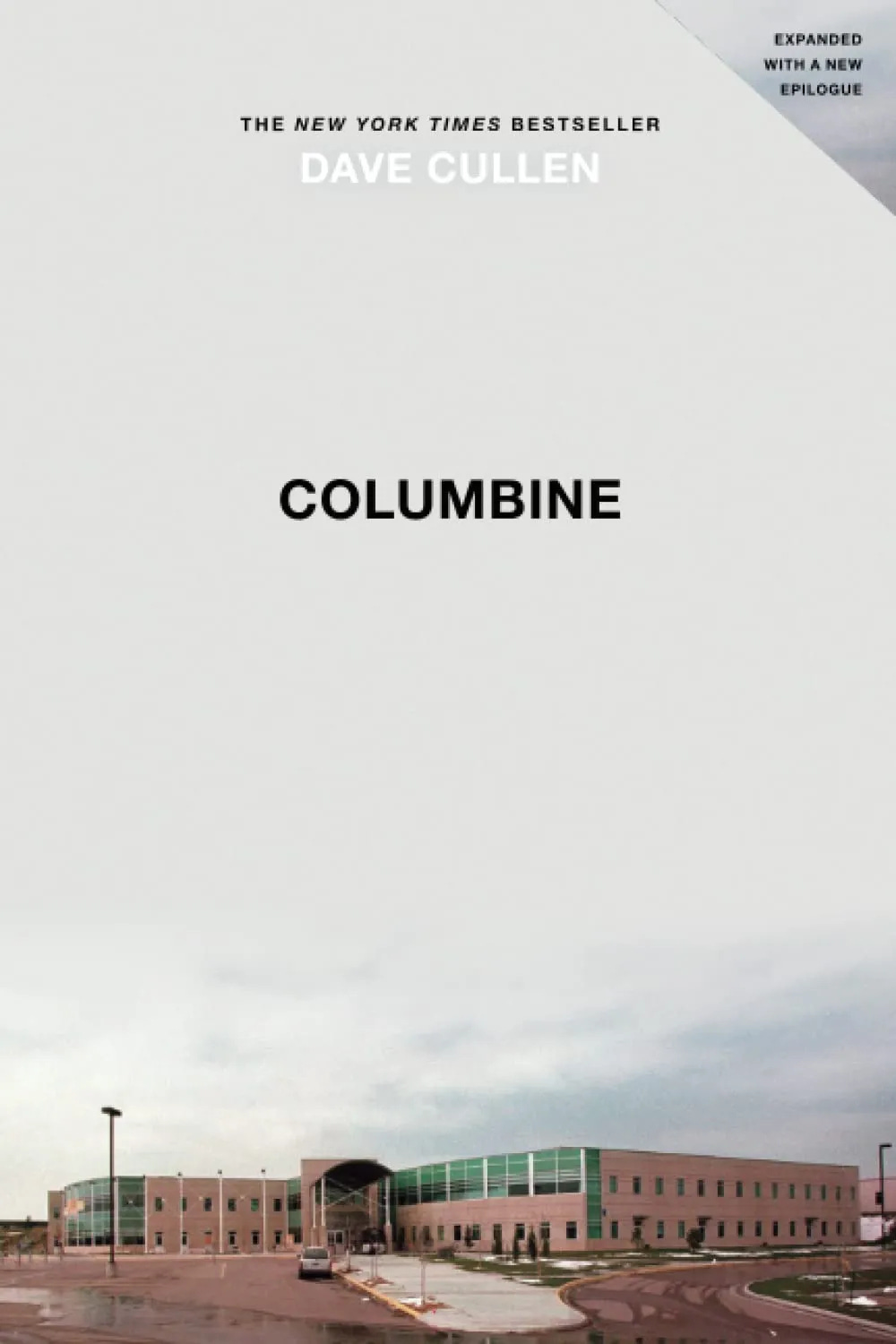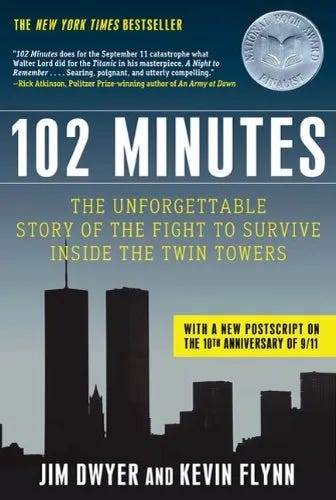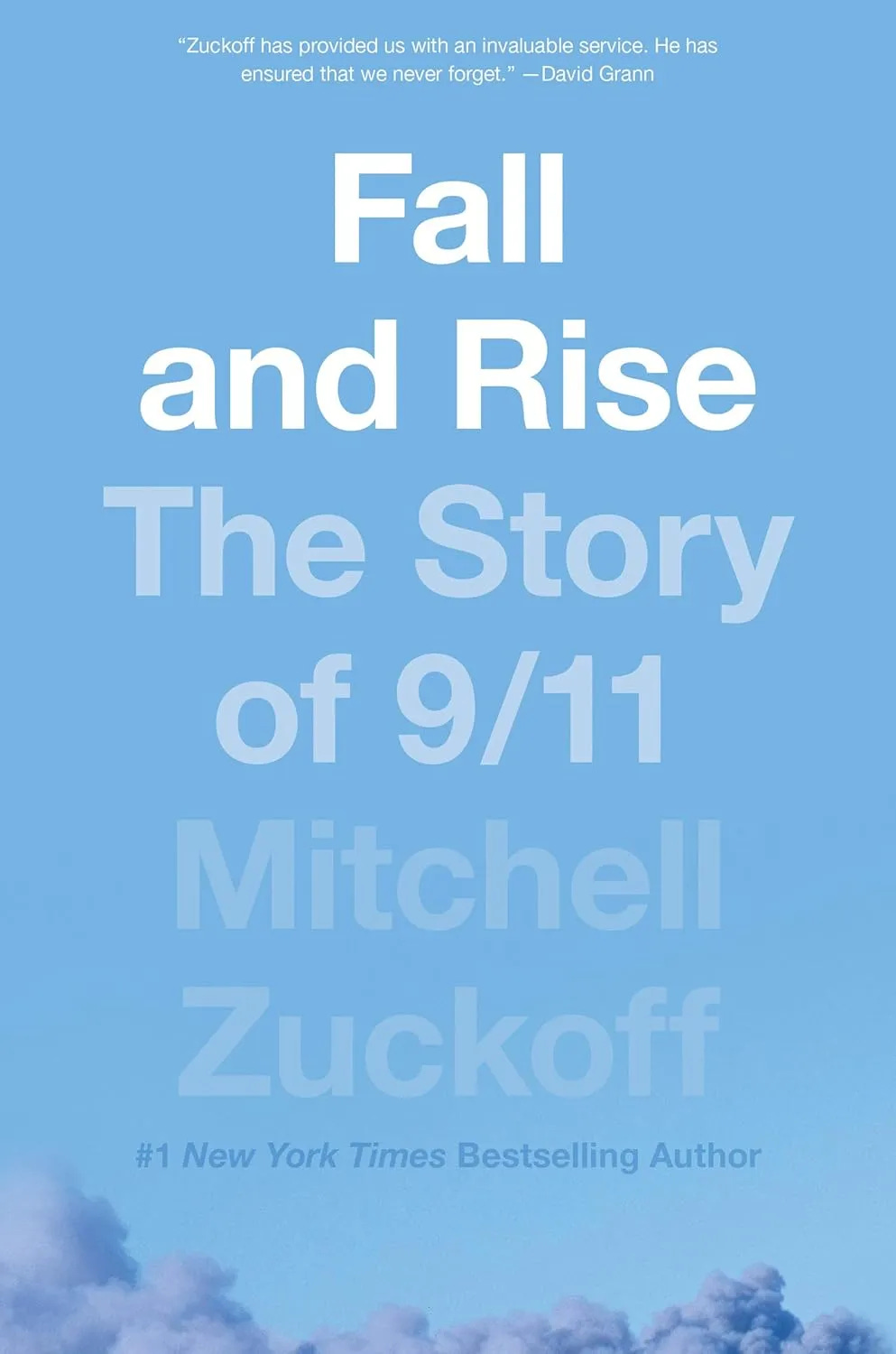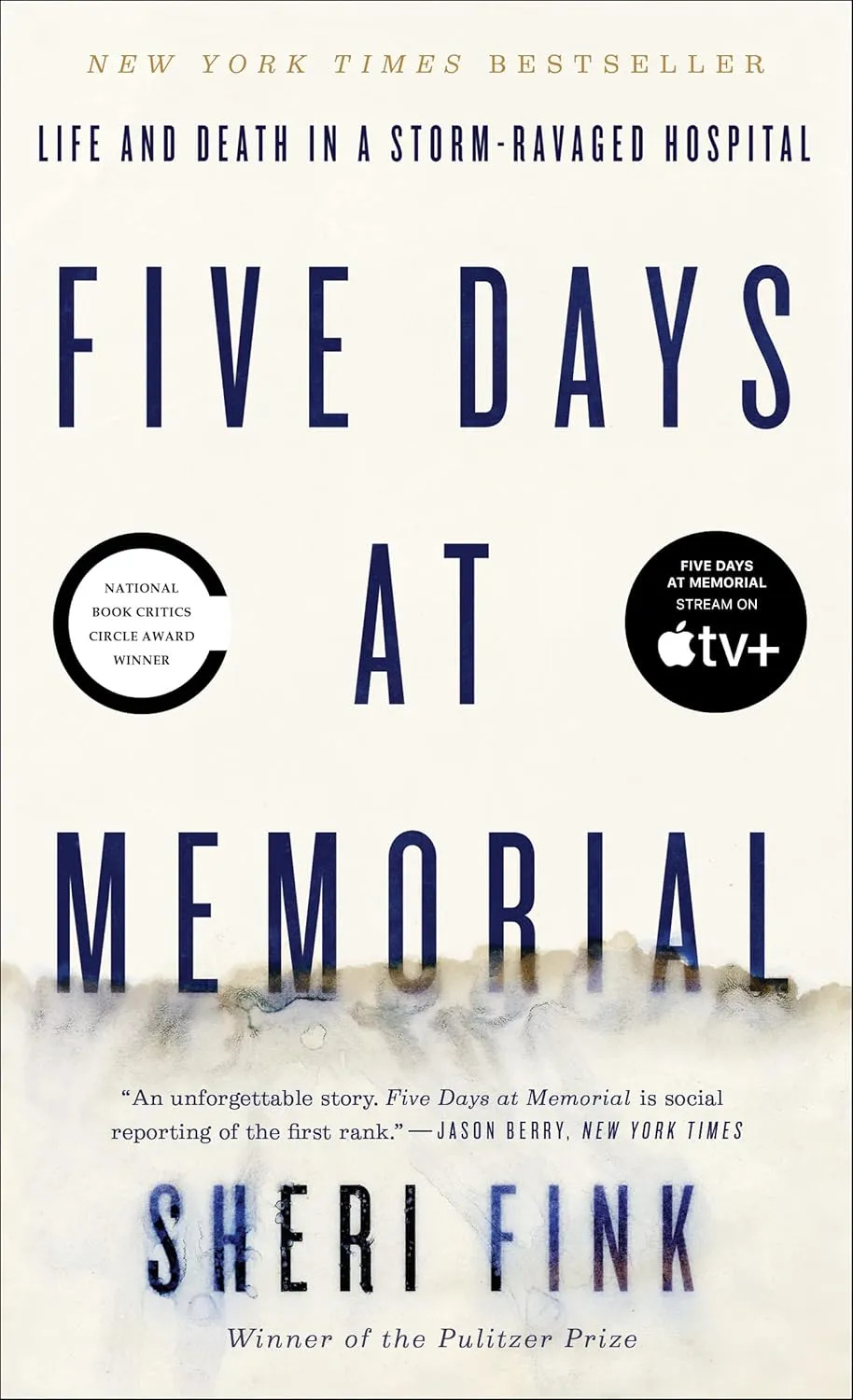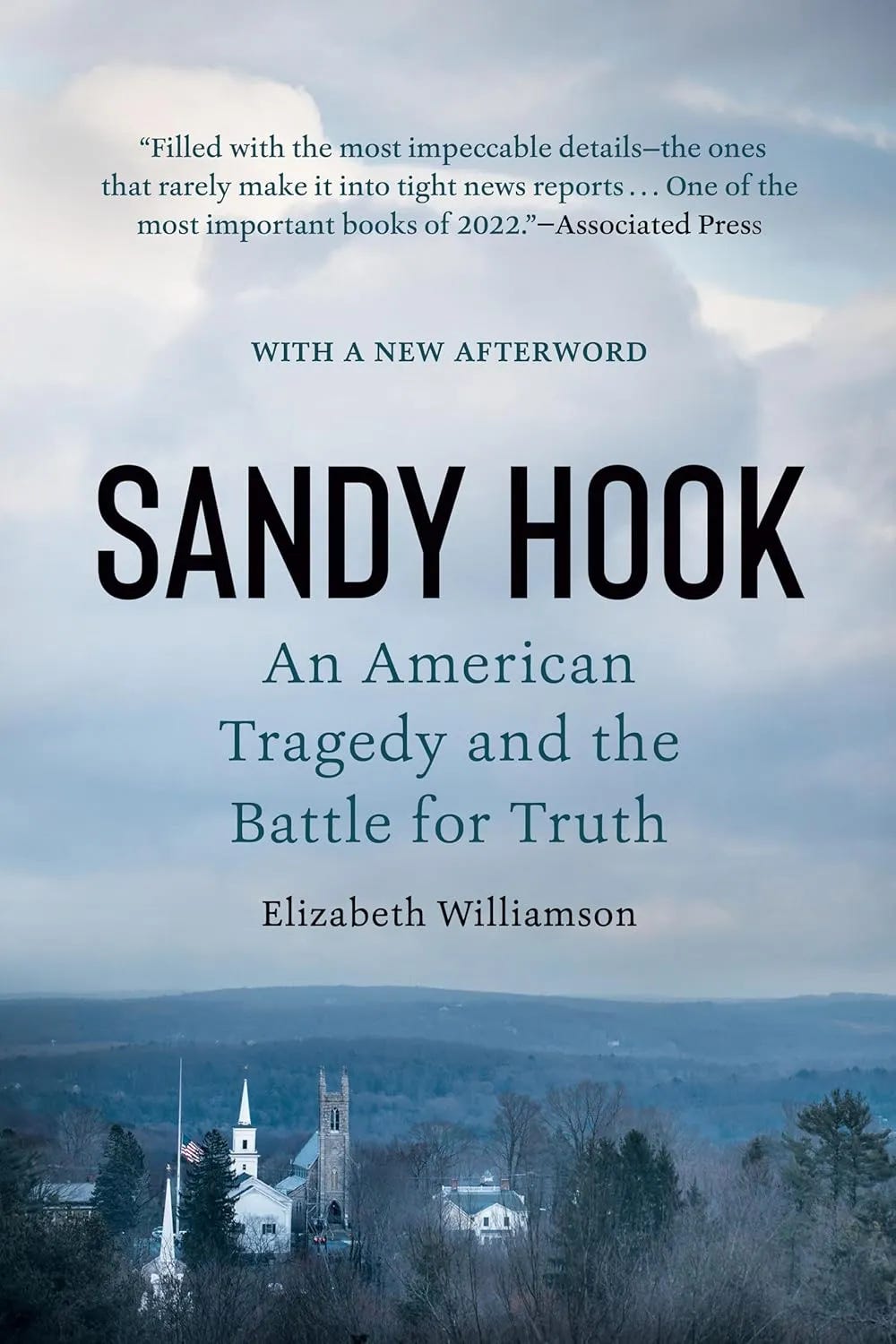18 Incredible Nonfiction Books about Catastrophic Historical Events
If you have followed along with my reading for any length of time, you know that I enjoy reading historical nonfiction, especially when the book is written in a narrative style. My favorite subgenre within this genre are books about catastrophes, tragedies, and natural disasters. I am a worst-case scenario thinker, so maybe there is a part of me that is psychologically attempting to ask “What would I do if I had been alive during this?” I know that one reason these kinds of books interest me is that they usually contain a lot of information that is lacking in our shared cultural knowledge. I’m also interested in how those who survived processed what they had experienced. I could go on.
I’m aware that these kinds of books aren’t for everyone. But if you enjoy reading about historical events, these are some of my favorite. I’ve listed them in order of when they occurred—from the Westward Expansion in America during the 1840s to the Sandy Hook school shooting in 2012.
The Indifferent Stars Above: The Harrowing Saga of the Donner Party by Daniel James Brown | 1840s
Before I read this book, I knew that the Donner Party was a group of people who got stuck in the mountains and ate each other. I imagined them all as crazed zombies who just happened to become cannibals. This book paints the fuller picture of what would cause people to eat each other, but that’s a very small part of the book. It starts with the party first leaving from the eastern United States and includes so many details that show how it was a perfect constellation of events that led to them being trapped in the mountains in the winter in the first place. I have loved every one of Daniel James Brown’s books, but this is my favorite of his and one of my favorite books ever.
Rot: An Imperial History of the Irish Famine by Padraic X. Scanlan | 1840-50s
I wrote about this book in my post about going to the dentist, so you can read more there. This is another period of history that I knew little about before I read the book. Most of my cultural knowledge about Ireland in the 1840s came from the very beginning of the movie Far and Away that I watched in my high school U.S. History class.
Ruthless Tide: The Heroes and Villains of the Johnstown Flood, America’s Astonishing Gilded Age Disaster by Al Roker | 1889
I wrote more about this book in my post about why I love the church, and the author is actually the Al Roker. I was pleasantly surprised to find it was an excellent, well-researched book that avoided sensationalism or cliches. This book not only tells the story of the flood, but it also paints a picture of high society in America in the late 1800s.
Orphans of the Storm by Celia Imrie | 1912 and beyond
It’s hard to pick a bigger catastrophe than the Titanic, and there have been plenty of books and movies about it. This one, though, felt almost too crazy to be true. I don’t want to spoil it, but it’s about the Titanic from the perspective of one family that was already on the brink of disaster.
Dead Wake: The Last Crossing of the Lusitania by Erik Larson | 1915
Erik Larson has written many fascinating books, but this one is my favorite and is about an event that involved death on a large scale. I think because the Titanic sank only a few years prior, the Lusitania gets short shrift in the historical accounts. But both ships were large ocean liners and more than 1,000 people died in both sinkings. The Lusitania’s sinking doesn’t have as much drama attached to it because it happened in less than 20 minutes, leaving no time for bands to play or people to say goodbyes. If you’re not sure about historical nonfiction, this is a great book to start with, because it reads like a fiction book.
The Great Influenza: The Story of the Deadliest Pandemic in History by John M. Barry | 1918
I read this during Covid, for reasons that I cannot remember. Maybe I just wanted to think about a different pandemic. What this book did was make me grateful for the advance of scientific and medical technology, because living in 1918 would have been the absolute worst.
The Holocaust: A New History by Laurence Rees | 1930s-40s
This is the most comprehensive book on the Holocaust that I’ve ever read. It is very long and detailed, but if you are looking for a zoomed out view of this time period, this is the book to read.
Tears in the Darkness: The Story of the Bataan Death March and Its Aftermath by Michael Norman | 1940s
I read this book after reading The Reckoning by John Grisham, in which one of the characters had been on the Bataan Death March. There are significant flashbacks to the character’s experience, and it made me want to learn more about it. After reading this book, I became certain that John Grisham used that book as his primary source for his book, because some scenes were almost lifted out of this one. This was the only nonfiction book I could even find on this event, so if you’re interested, check this one out.
When the Sea Came Alive: An Oral History of D-Day by Garrett M. Graff | 1944
Garrett M. Graff has also written an oral history on 9/11, and both of these books are worth listening to on audiobook. There is a huge cast and different voices are used for different parts of the book. Despite reading dozens of books about the Holocaust, my only D-Day information consumption came from watching Saving Private Ryan.
Challenger: A True Story of Heroism and Disaster on the Edge of Space by Adam Higginbotham | 1986
I wrote about this recently since I read it earlier this year, and I shared then that I really don’t enjoy books about space. This one wasn’t really about space, since it was more about building the space shuttle. But I’ve always had a morbid fascination with Challenger because in my baby book, my mom wrote the explosion down as one of the notable events that happened when she was pregant with me (yes, I am old).
Midnight in Chernobyl: The Untold Story of the World's Greatest Nuclear Disaster by Adam Higginbotham | 1986
Chernobyl was another massive catasrophe that happened the year I was born. This is a terribly fascinating book about nuclear reactors and science but also includes huge sections detailing the human impact of the disaster. If you like this book, then go ahead and watch the miniseries Chernobyl as well.
Waco: David Koresh, the Branch Davidians, and A Legacy of Rage by Jeff Guinn | 1993
Cults are not in and of themselves disasters, but sadly, many of the more well known ones are well known because they ended in disaster. This book is fascinating because it explains what led Koresh to be the person he became and also talks about the ripple effect of Waco even up to the present day.
Columbine by Dave Cullen | 1999
There isn’t much to say about Columbine, since I’m guessing most of the people reading remember when it happened. I was 13, and I vividly remember hearing about it and seeing news stories. This book starts at the beginning and details the entire saga, from the shooters’ backgrounds into more political issues about gun possession.
102 Minutes: The Untold Story of the Fight to Survive Inside the Twin Towers by Jim Dwyer | 2001
Both this one and the next one are similar in that they are almost minute-by-minute accounts of what happened on 9/11, but this one is focused in on only the two towers, featuring reflections and accounts by surivors.
Fall and Rise: The Story of 9/11 by Michael Zuckoff | 2001
This book zooms out a little more than the previous one and is a chronological account of that day. It jumps back and forth between the planes and the towers as events unfold. I read this book in one day in September 2019 when I was pregnant with our fourth baby and struggling with nausea. It is a compelling and un-put-downable book.
Five Days at Memorial: Life and Death in a Storm-Ravaged Hospital by Sheri Fink | 2005
This is probably one of the most painful books I’ve ever read, but I think it’s important. It covers a five-day period at a hospital in New Orleans in the aftermath of Hurricane Katrina. The heartbreak in this book is palpable.
Empire of Pain: The Secret History of the Sackler Dynasty by Patrick Radden Keefe | 2010s
The disaster in this book is not the Sackler family but rather the opioid epidemic they helped create. The show Painkiller is based on this book and worth watching.
Sandy Hook: An American Tragedy and the Battle for Truth by Elizabeth Williamson | 2012
This book is similar to Columbine in that it covers the details of the Sandy Hook shooting, but it doesn’t stop there. Because it took place after smartphones and the rise of Internet news, it also explores conspiracy theories and what makes people not want to believe things even when the facts are evident.
Here’s a recent update on Alex Jones and his Sandy Hook nonsense: https://www.nytimes.com/2025/08/14/us/infowars-sale-alex-jones-sandy-hook.html
I’d love to know if you’ve read any of these books, or if there is a book that I left on my list that you would recommend!




